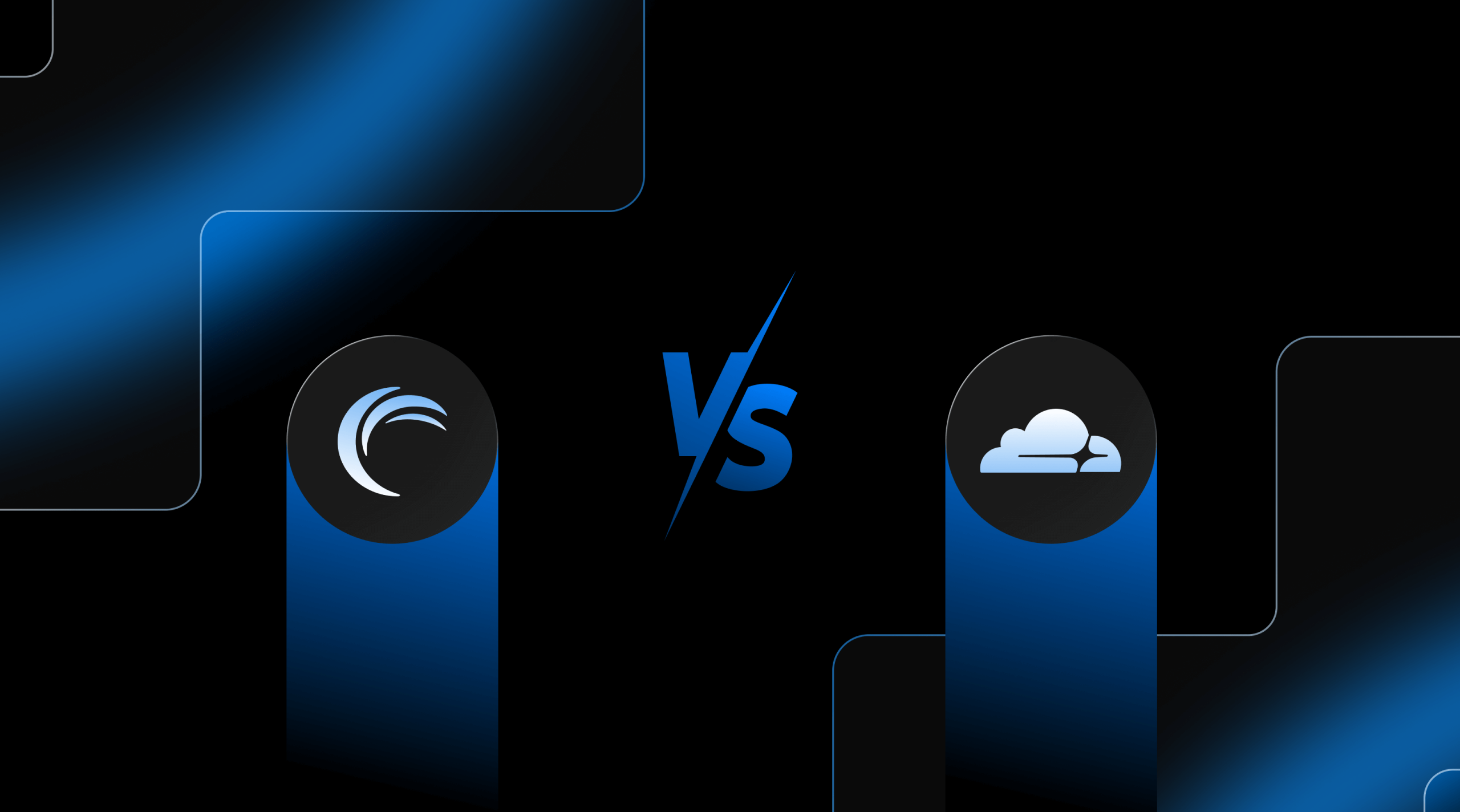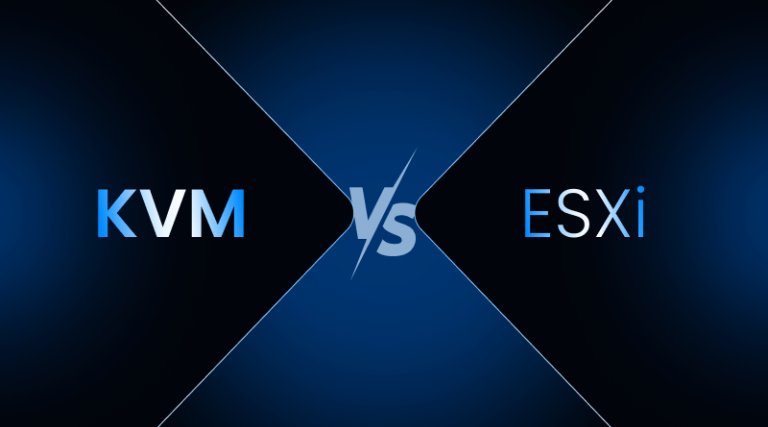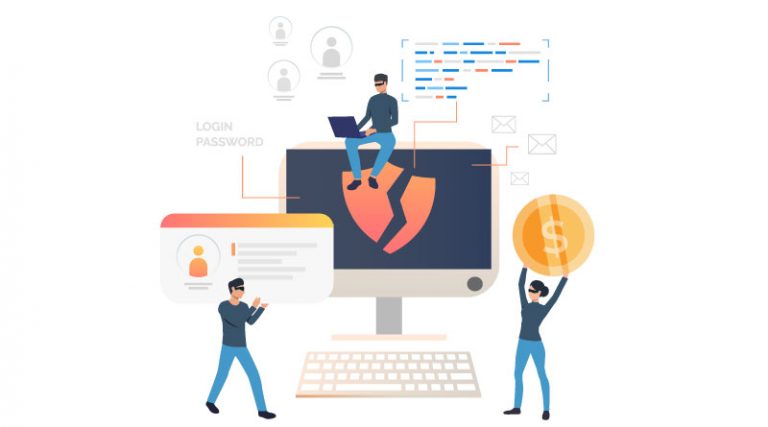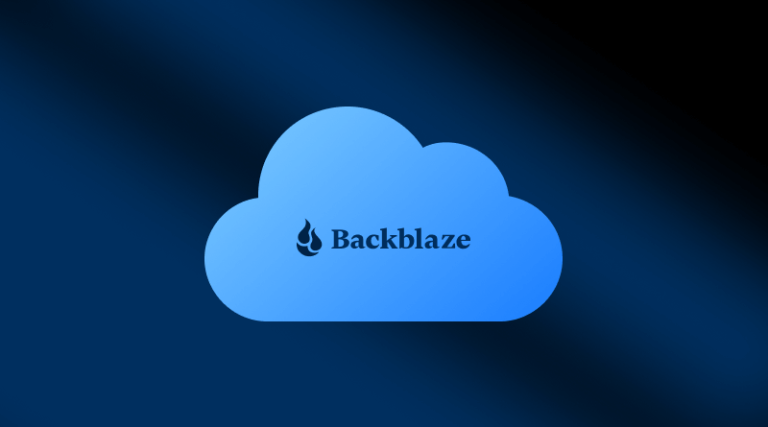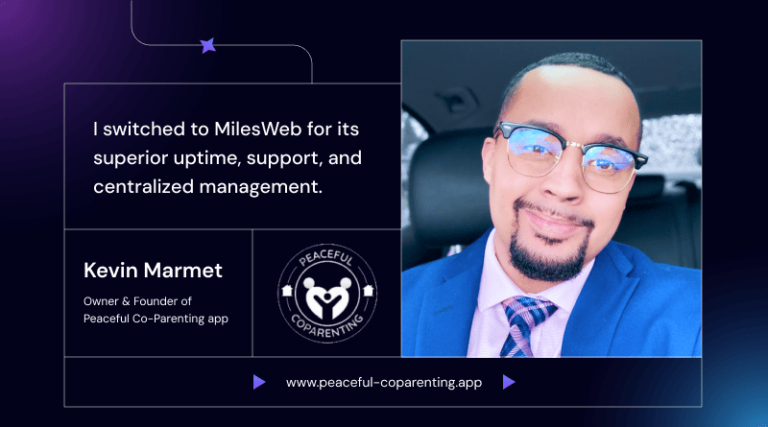The website performance, security, and reliability depend on the CDN (Content Delivery Networks). Read more about it in our What is CDN guide. Alamai and Cloudflare are two prominent industry leaders in this segment. However, the approach to digital experience has unique strengths. Cloudflare has recently gained its reputation as a developer-friendly platform. However, Akamai, being the oldest CDN player in the industry, is known for its massive global infrastructure.
This guide provides a detailed comparison of Akamai and Cloudflare, highlighting their key differences, similarities, and suitability for various business needs.
Table Of Content
What is Akamai WAF?
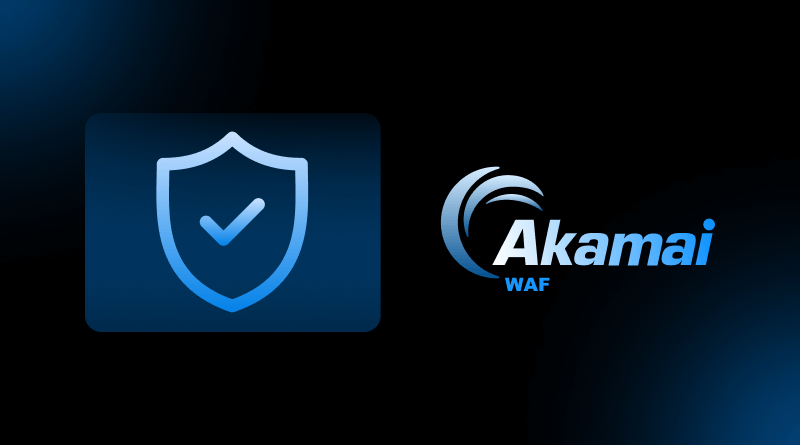
Akamai is a pioneering WAF (Web Application Firewall) solution. The key position is within the evolving WAAP landscape. Being an early player in this industry, Akamai has maintained its dominance in the CDN solutions.
Akamai’s App & API Protector includes a range of cutting-edge technologies. It includes WAF, bot mitigation, API security, and DDoS protection.
What is Cloudflare WAF?
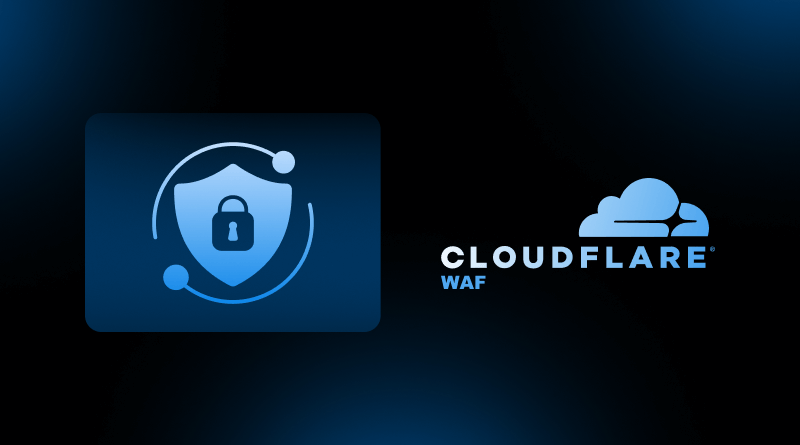
Cloudflare Web Application Firewall is a powerful security service that ensures web applications and websites are not attacked by cyberattacks. It operates as a separation between web servers and potential attackers. It performs a full-fledged analysis of the incoming web traffic, successfully sifting malicious requests and averting possible attacks.
This content delivery system (CDS) application improves the security and performance of thousands of websites. It will ensure a more secure and quicker Internet experience. The decision between Cloudflare and Akamai is a major move in the ever growing field of web application security when evaluating WAF solutions for a business.
Benefits of Akamai
1. Unmatched Global Reach and Scalability
Akamai is a global leader in the CDN player. It has more than 130 locations in its server networks. With this kind of massive infrastructure, the end-users receive content with very minimal latency. In addition, it boosts the performance of the website irrespective of the location of your audience.
For organizations with a global presence, it offers exceptional scalability. Akamai infrastructure can withstand traffic spikes, whether you are delivering media-intensive sites or managing an eCommerce website.
Enterprise-Grade Security Solutions
In addition to speed, Akamai has been known to provide strong website security, such as the use of SSL certification.Its security framework is based on the cloud and protects against various types of DDoS attacks, web attacks, and bot traffic. Akamai protects the skills traffic by integrating security mechanisms.
This layered protection represents a breakthrough for organizations handling highly sensitive data, including banks, healthcare providers, or government entities. These types of organizations must provide security compliant with regulations while protecting user trust through deep monitoring and timely detection of threats.
2. Unmatched Reliability and Uptime Issues
Downtime can be risky for both revenue and reputation. Akamai’s extensive global distributed network provides resilience and redundancy. This means it reduces the overall danger of service outage/disruption. If server(s) or data center(s) fail, routed traffic will continue flowing to other working servers/data centers, allowing your site or service to remain online.
Businesses that demand high reliability and cannot allow downtime (e-commerce businesses or streaming) resort to Akamai. Companies will not need to worry about how their online presence will be available on the web 24/7.
3. Optimized User Experience Through Performance Enhancements
Akamai uses avant-garde techniques like edge computing, smart caching, and adaptive acceleration to elevate the experience of using a digital platform. Pages loads faster, videos buffer effortlessly, and applications launch seamlessly, all of which impact customer satisfaction and conversions.
Websites can partner with Akamai to assert that content will be delivered without content jump, and with lower load times overall. Websites with lower load times promote user engagement and boost search engines, which means if a company wants to promote its presence on the internet, optimizing load times is likely the best way to push forward.
Benefits of Cloudflare
1. Boost the Security
Cloudflare keeps online applications and websites safe from cyberthreats. It possesses a WAF (Web Application Firewall) to mitigate DDoS attacks and block malicious traffic. Cloudflare also has rate limiting that prevents brute forcing and API abuse, so you would be more secure when opening the internet.
Cloudflare’s security feature, which captures scheduled security threats, is updated in real-time and automatically detects the most sophisticated threats using global intelligence. Other essential measures for security events and incidents are available to businesses to understand the high-level threat landscape better and subsequently take appropriate actions.
2. Improved Performance
CDN is a major contributor to the website’s speed. Its global infrastructure worldwide enhances latency and delivers faster load times to all users regardless of their geographical location. It enables a faster user experience by retaining visitors on the website. Overall, it increases the conversion rate.
It also has Cloudflare’s performance optimization features, for example, automatic minification of HTML, CSS, JavaScript, and images, which reduces file sizes and loads pages faster. In addition, Cloudflare’s Argo Smart Routing will dynamically direct traffic over the best and fastest routes, thereby enhancing performance.
3. Cost Efficiency
Cloudflare has a variety of subscription packages, which makes it very acceptable to any business, irrespective of its magnitude. The service supports offloading of traffic to source servers with caching and content -delivery optimizations, thus saving bandwidth spending and hardware capital investment to upgrade hardware. This therefore provides a lot of savings in the infrastructure, and operational costs.
The DDoS service and Web Application Firewall (WAF) services provided by Cloudflare protect companies against the loss of revenue caused by downtime or data attacks, which would instead cause great financial and reputational costs. Cloudflare allows businesses to uphold high levels of operational efficacy even when confronting a security attack by preventing it in the front end.
4. Scalability and Reliability
Cloudflare is built for scale and does not break down for high traffic. It does not mean that it has scaling limitations. So, websites and applications can operate without any performance degradation.
Cloudflare hosts the same redundant infrastructure. It ensures a high availability and fault tolerance on a global scale. A failure at one of the locations will be mitigated by the fact that traffic will be redirected to the other data centers, thus, limiting the impact on the end-user. The robust architecture empowers the businesses to have a profound web presence.
Akamai uses avant-garde techniques like edge computing, smart caching, and adaptive acceleration to elevate the experience of using a digital platform. Pages loads faster, videos buffer effortlessly, and applications launch seamlessly, all of which impact customer satisfaction and conversions.
Websites can partner with Akamai to assert that content will be delivered without content jump, and with lower load times overall. Websites with lower load times promote user engagement and boost search engines, which means if a company wants to promote its presence on the internet, optimizing load times is likely the best way to push forward.
FAQs
1. Which CDN is generally considered more user-friendly and easier for beginners?
Cloudflare is widely known for its intuitive interface and easier setup process.
2. Which service is typically more suitable for a large enterprise with a high budget and complex needs?
Akamai is often the choice for large enterprises requiring deep customization and maximum global reach.
3. Does either Akamai or Cloudflare offer a free tier plan?
Yes, Cloudflare offers a generous free plan, whereas Akamai does not publicly list a free tier.
4. Which CDN has a slight edge in raw performance and handling complex dynamic content?
Akamai often has a slight performance advantage, particularly for dynamic content and highly complex applications.

